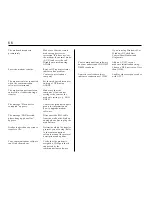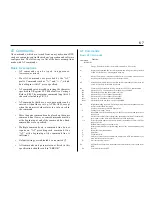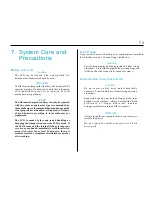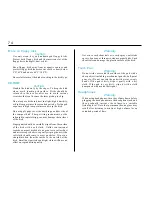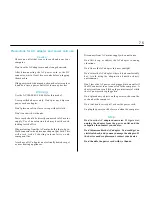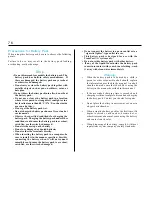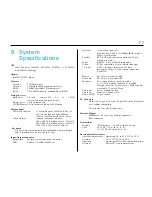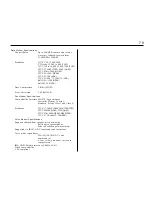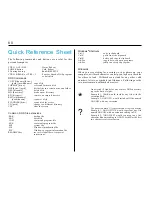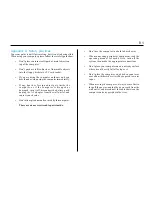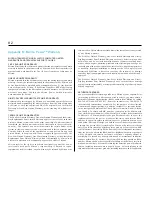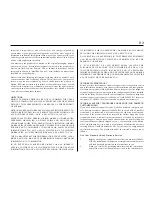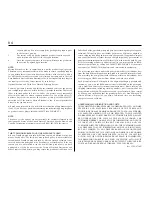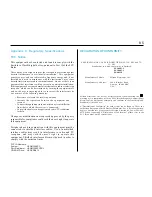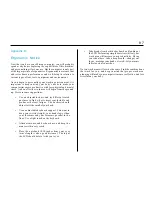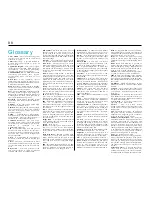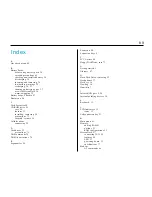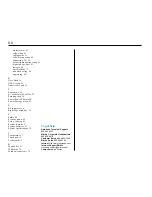
8 0
Windows
®
Shortcuts
Ctrl-C
copy to clipboard
Ctrl-V
paste from the clipboard
Ctrl-X
delete and copy to clipboard
Alt-Tab
toggle between open programs
Alt-Esc
jump to next open program
Wildcards
When you’re searching for a certain word or phrase on your
computer, a wildcard character can help you lay down the rules
for where to look. Wildcards can stand for any other valid
numbers, letters, or symbols in a file name. Following are the
two most common wildcard characters.
An asterisk (*) stands for one or more DOS characters,
up to the limit of eight.
Example 1: *.BAK would include any file with the
extension BAK.
Example 2: GONOW.* would include all files named
GONOW with any extension.
The question mark (?) represents any single character.
Example 1: GONOW.?XE would represent any file
named GONOW with an extension ending in XE.
Example 2: ?ONOW.EX? would represent any five
character filename ending in ONOW with EX as the first
two characters of its extension.
?
*
Quick Reference Sheet
The following commands and buttons are useful for this
personal computer.
CTRL + ALT + DEL
Warm Reboot
POWER button
Cold Reboot
F2 during bootup
Run BIOS SETUP
CTRL + BREAK, or CTRL + C
Pause or Break a DOS program
or batch file
DOS Commands
COPY [filename] [drive:]
[path] [newfilename]
copy a file
FORMAT [drive:]
erase and format a disk
DIR [drive:] [path]
list the files in a certain drive and folder
DEL [filename]
delete a file
MD [directory]
make a new directory
RD [directory]
remove an empty directory
REN [oldfilename]
[newfilename]
a file
SCANDISK [drive:]
scan a disk for errors
CD [path]
change to a different directory
CLS
clear the screen
Common DOS file extensions
.BAK
backup file
.BAT
batch file
.COM
command program file
.EXE
executable program file
.SYS
system file
.INI
Windows initialization file
.PIF
Windows program information file
README files
text or Acrobat files with special
instructions

